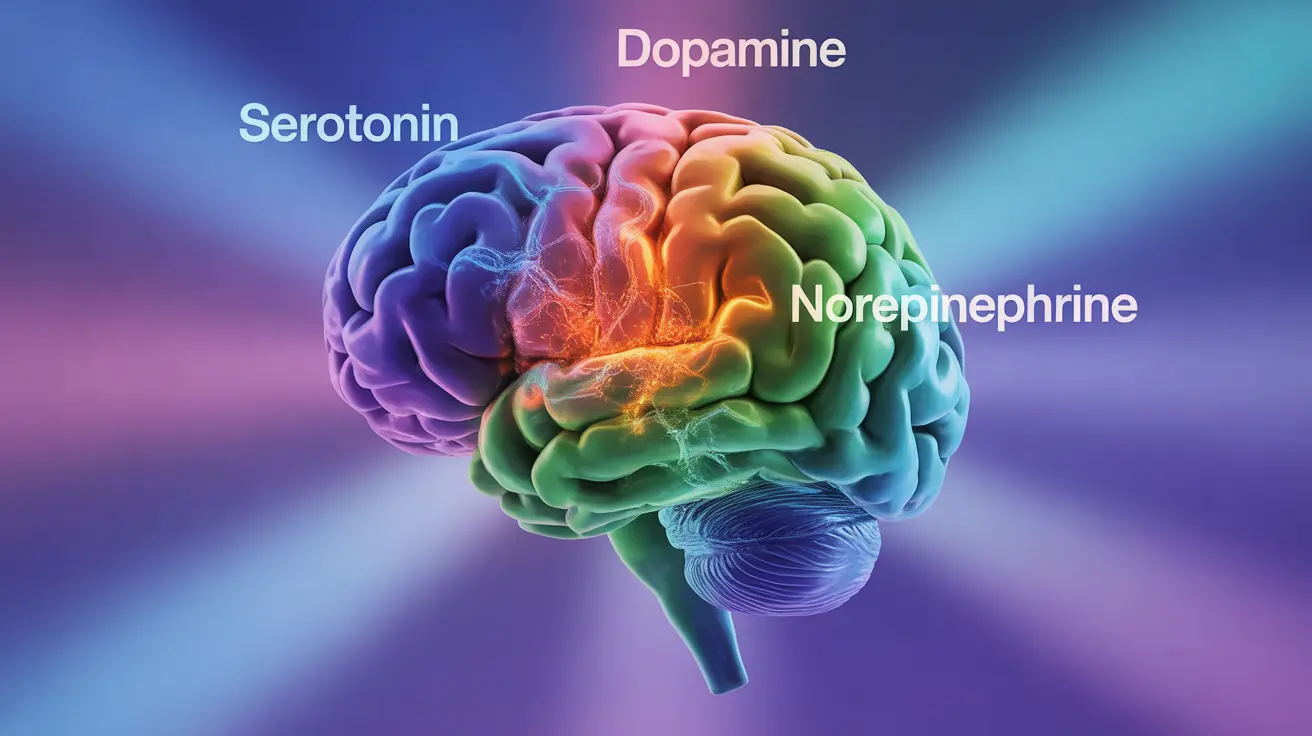The relationship between MDMA (3,4-Methylenedioxymethamphetamine) and bipolar disorder is a complex topic that has garnered increasing attention in medical research. As mental health treatment options continue to evolve, there's growing interest in understanding how MDMA might impact individuals with bipolar disorder, both in terms of potential therapeutic benefits and risks.
This comprehensive overview examines the current scientific understanding of MDMA's effects on bipolar disorder, exploring both the promising research developments and important safety considerations that individuals should be aware of.
Understanding MDMA's Impact on Brain Chemistry
MDMA primarily affects the brain by increasing the release of three key neurotransmitters: serotonin, dopamine, and norepinephrine. For individuals with bipolar disorder, these neurochemical changes can be particularly significant, as these same neurotransmitter systems are often implicated in mood regulation and emotional processing.
The drug's influence on serotonin levels, in particular, can create complex interactions with the neurochemical imbalances already present in bipolar disorder. This relationship requires careful scientific examination to understand both potential therapeutic applications and risks.
Current Research Status and Clinical Studies
Research into MDMA's potential therapeutic applications for bipolar disorder remains in early stages. While studies have shown promising results for MDMA-assisted therapy in treating PTSD, specific research focusing on bipolar disorder is limited. Current investigations primarily focus on:
- Clinical trial safety protocols
- Interaction studies with common psychiatric medications
- Mood regulation effects in controlled settings
- Long-term impact on bipolar symptoms
Safety Considerations and Medication Interactions
One of the most critical aspects of understanding MDMA and bipolar disorder involves medication interactions. Many commonly prescribed bipolar medications can have dangerous interactions with MDMA, including:
- Lithium and other mood stabilizers
- SSRIs and SNRIs
- Antipsychotic medications
- MAO inhibitors
These interactions can potentially lead to severe complications, including serotonin syndrome, making it crucial for individuals to understand the risks involved.
Treatment Potential and Therapeutic Applications
While some researchers are exploring MDMA-assisted therapy's potential role in treating certain mental health conditions, its application for bipolar disorder requires particular caution. Any consideration of MDMA-assisted therapy must occur within carefully controlled clinical settings under proper medical supervision.
Current therapeutic investigations focus on understanding whether MDMA might help address specific aspects of bipolar disorder, such as treatment-resistant depression or emotional processing difficulties, while carefully monitoring for potential triggers of manic episodes.
Frequently Asked Questions
Can MDMA be safely used to treat bipolar disorder symptoms or mood swings?
Currently, there is insufficient evidence to support the safe use of MDMA for treating bipolar disorder symptoms. The risks of triggering manic episodes or destabilizing mood make unsupervised use particularly dangerous.
How does MDMA affect the brain chemistry of someone with bipolar disorder?
MDMA significantly alters serotonin, dopamine, and norepinephrine levels in the brain. For individuals with bipolar disorder, these changes can potentially disrupt existing mood regulation systems and interact unpredictably with the condition's underlying neurochemistry.
What are the risks of combining MDMA with common bipolar disorder medications like mood stabilizers or antidepressants?
Combining MDMA with bipolar medications can be extremely dangerous, potentially leading to severe complications including serotonin syndrome, seizures, and dangerous changes in blood pressure and heart rate.
Is MDMA-assisted therapy an effective option for managing bipolar depression or treatment-resistant bipolar disorder?
While MDMA-assisted therapy shows promise for certain mental health conditions, its effectiveness for bipolar disorder remains unproven. Current research is limited, and any therapeutic use would require careful clinical oversight and further study.
What current research exists on MDMA's benefits and safety specifically for people with bipolar disorder?
Current research specifically focusing on MDMA and bipolar disorder is limited. Most existing studies examine general safety concerns and potential therapeutic applications, with few clinical trials directly addressing bipolar disorder treatment.
Understanding the relationship between MDMA and bipolar disorder continues to evolve as research progresses. While some promising therapeutic applications are being studied, the current scientific consensus emphasizes the importance of caution and proper medical oversight in any consideration of MDMA use in relation to bipolar disorder.




